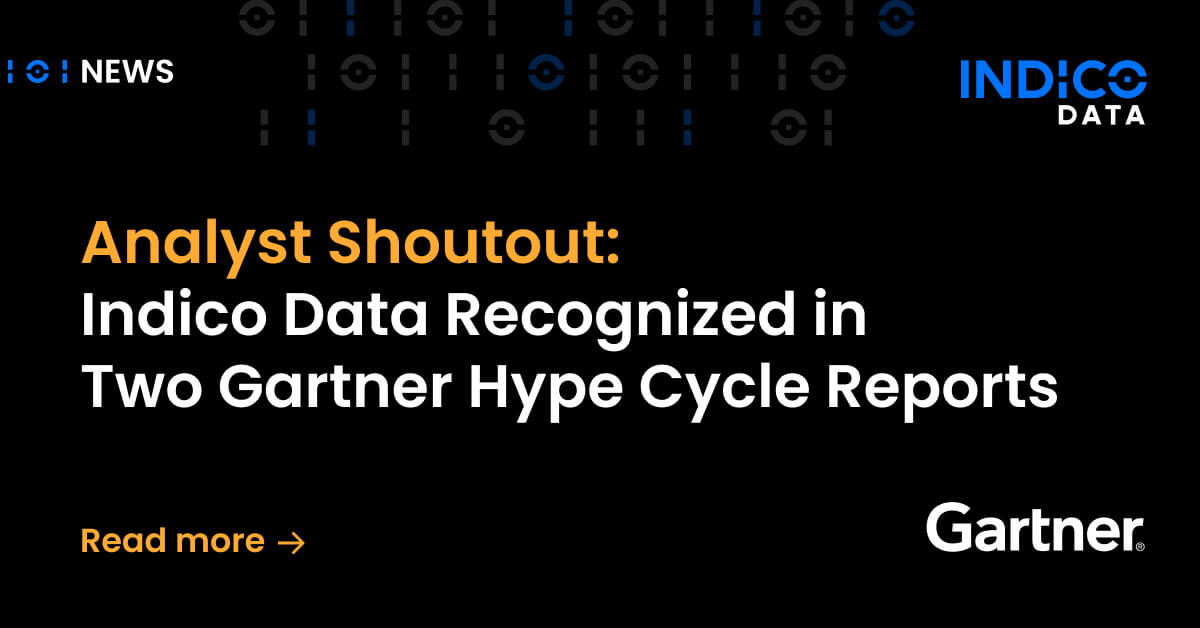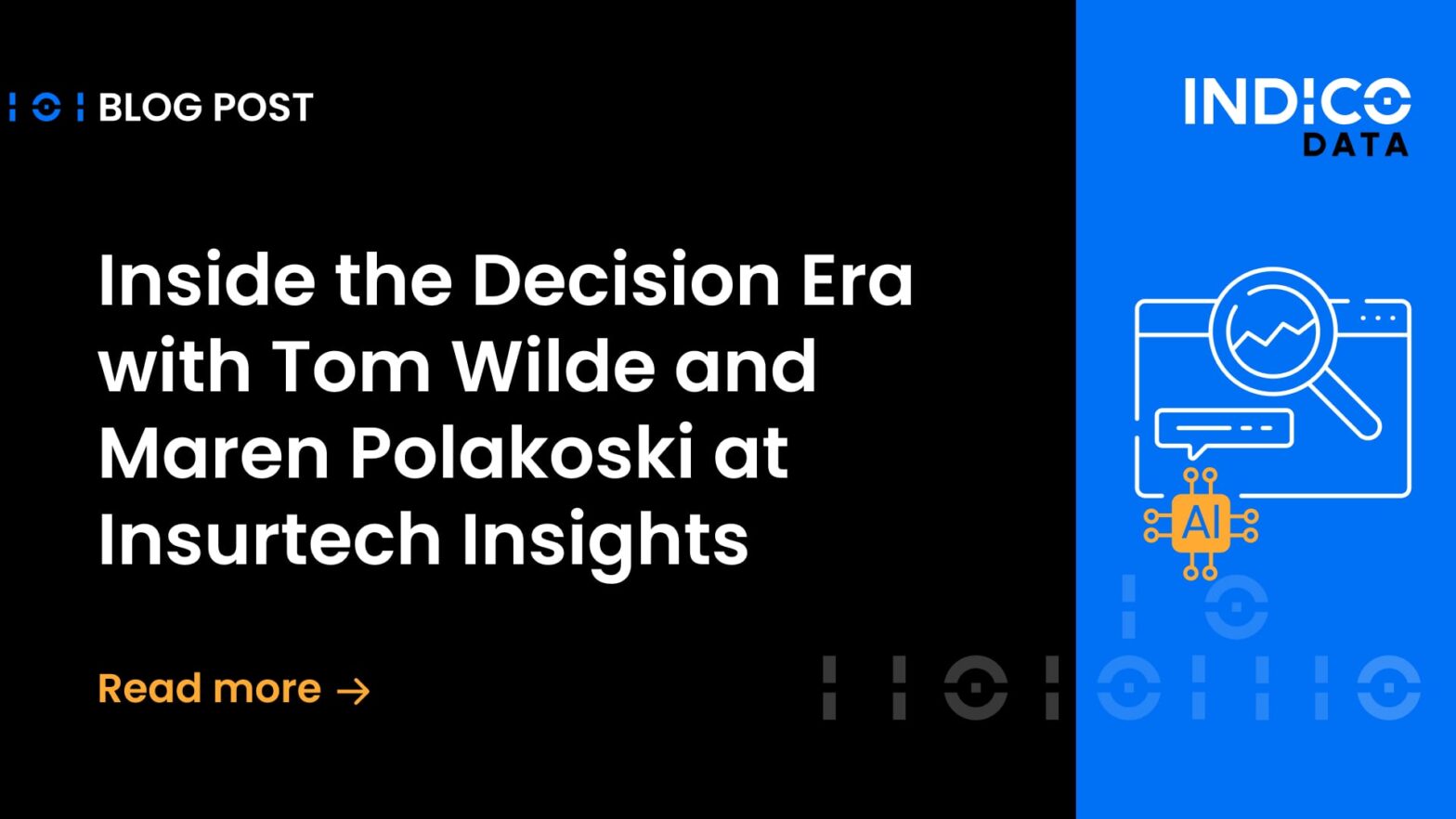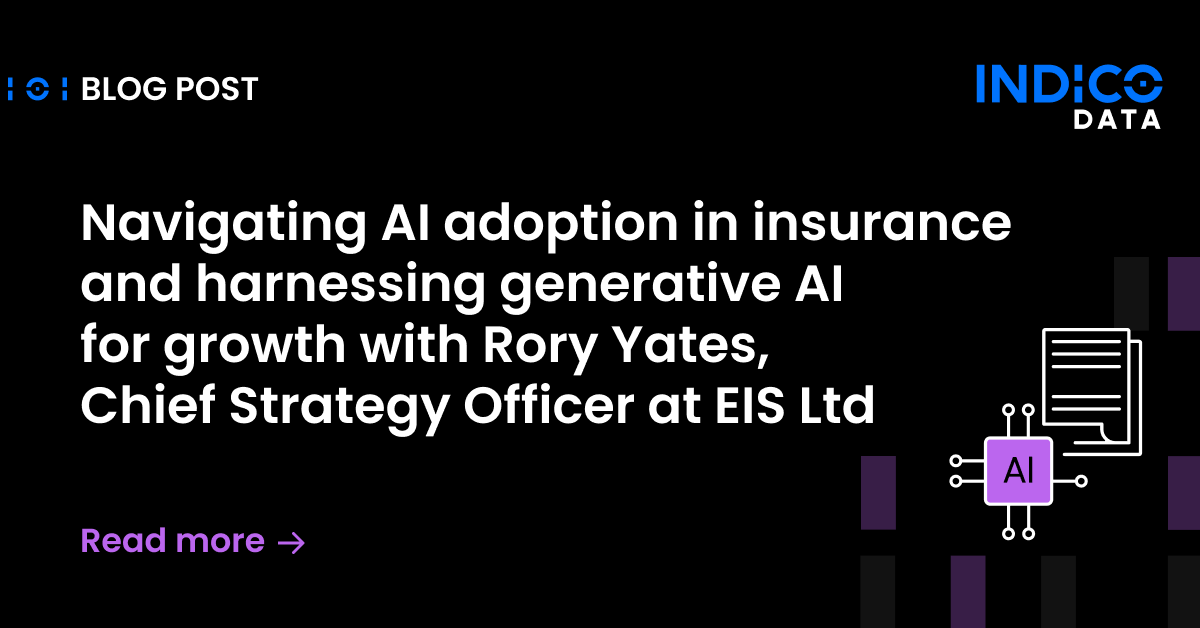Anyone who is even half paying attention to the news these days has to be wondering whether or not we’re headed for a recession. I’m a data science professional, not an economist, so I can’t say for sure, but I can tell you intelligent document processing is one technology that can help you weather – or take advantage of – whatever the economy may hold.
Related content: How IDP automates the transformation of your unstructured data to structured data
Investing in digital transformation
If it’s true a recession is looming, a good way to think about it is the way life insurance companies over the last decade or so dealt with low interest rates. Normally, life insurers could buy high-interest bonds to cover the risk inherent in the policies they wrote. But with interest rates at historic lows for so long, they had to come up with a new strategy.
Enter digital transformation, the idea that insurance companies – and many other industry verticals – could invest in technology as a way to take costs out of the operational side of the business. Transforming highly manual, document-intensive processes and turning them into online digital initiatives did indeed cut operational costs. Perhaps more important, they streamlined business practices and made life easier for customers, who could fill out online forms and submit documents electronically rather than copy, print, fax and mail reams of paper.
I’m oversimplifying the whole digital transformation effort, of course, but the point is insurance companies didn’t retrench when the economy threw them a curveball and didn’t think solely of the short-term quarterly or even annual returns. Rather, they invested for the long term, in projects that would deliver benefits no matter what interest rates did.
ROI for automation projects
The idea that short-term thinking can be dangerous applies equally as well in the face of a possible recession. Not so long ago, companies typically judged automation projects in terms of their expected return on investment (ROI), typically measured in years.
Now that’s morphed into a concern about payback periods. When they write a big check, chief financial officers feel more comfortable if they have some assurance it’ll be paid back within the same fiscal year. I suspect that trend will only be exacerbated if recession fears are realized.
Showing a short-term ROI is probably realistic for simple process automation projects, such as those involving structured data and robotic process automation (RPA). Throw a few bots at the problem, which doesn’t cost all that much, and you can probably show the CFO your project paid for itself through reduced or reassigned headcount.
You will likely even be able to find numerous RPA tools that each address a specific use case, be it invoices, tax forms, contracts or the like. The CFO will be happy so long as the ROI is timely.
Related content: Indico data debuts “Unstructured Unlocked” podcast – expert advice on intelligent automation
Paying the RPA tool tax
What may well get lost in that otherwise rosy picture is that you’re paying far more than you need to for process automation because you’re using too many tools, each specific to a given job.
And once you get past the low-hanging automation fruit that structured data represents, you’ll find those use case-specific tools no longer cut it. What you need is an intelligent data processing platform, one built on an artificial intelligence foundation that enables it to apply to any number of use cases.
I’m not going to kid you by saying such a platform will magically address all of your intelligent automation woes within 12 months, so you can show the CFO your shiny ROI numbers. It won’t. But what we’re talking about here is transformational change that sets you on a path toward process automation for the unstructured data that makes up some 85% of all data in most companies. And it will deliver a good, measurable long-term ROI. The point is, don’t sacrifice long-term potential for a short-term pat on the back from the CFO.
Cut costs without torpedoing strategic projects
But I know, CFOs are people, too, and they deserve to be happy. So, what follows are a few tips toward that end:
- If belt-tightening is a must, take on fewer big projects, favoring the ones that will be the most transformational.
- To identify those projects, lean on folks who have the most institutional knowledge and can tell you which processes are most valuable.
- Take an inventory of your automation vendors. If you’re using four tools to solve six problems, can you get down to two? With a platform approach, the answer is most likely yes. CFOs like that kind of consolidation.
- Talk to your vendors to determine which ones are willing to work with you as you take on new projects and use cases. They’re likewise worried about the recession so will likely do what they can to keep you happy.
One closing thought: If we do find ourselves in a recession, there will be a temptation to cut from parts of the organization that have the largest budget, which often puts technology groups in the crosshairs. If you have to make cuts, do so in a principled way. Some roles are more important than others, which is a topic I’ll explore in a forthcoming post.


